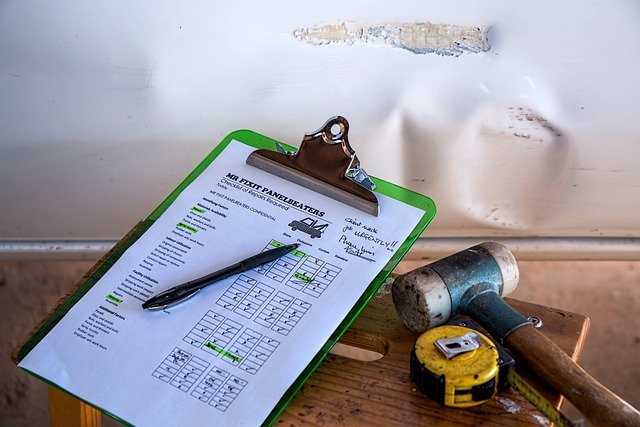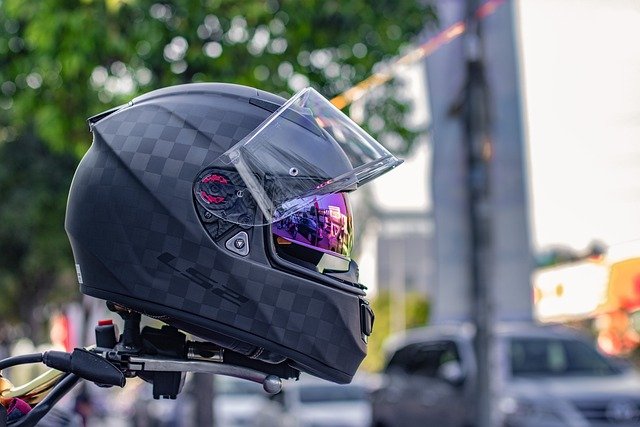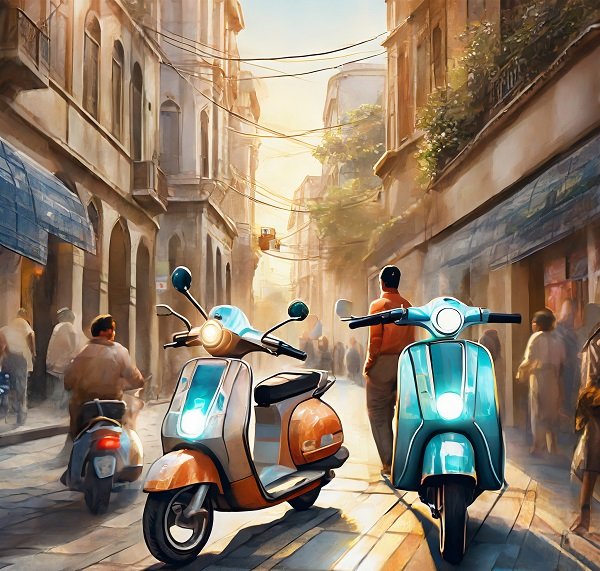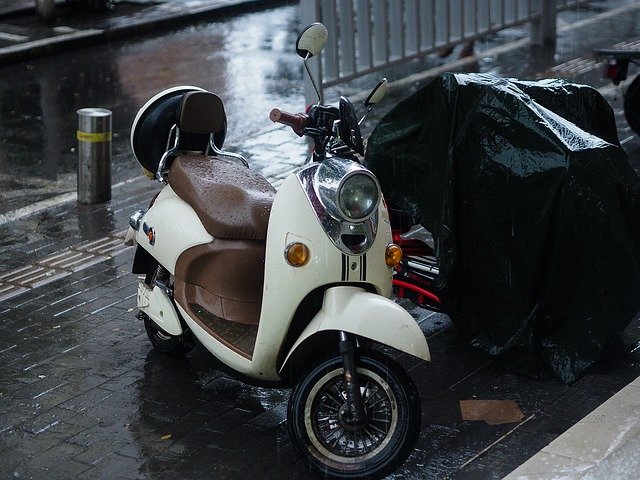In recent years, India has seen an impressive rise in the use of electric vehicles, indicating a shift toward more sustainable mobility. As technology advances and awareness of the environment grows, more people are choosing electric scooters as their preferred form of transportation.
The Regional Transport Office (RTO) regulates the laws for driving these environmentally friendly vehicles on public highways. Understanding and following these RTO requirements is essential for the safety of riders and others on the road.
RTO Rules and Regulations for Electric Two wheelers in India
As you begin your electric motor scooter journey, there are some crucial RTO rules to remember for a safe and legal ride. some of the new RTO rules for electric scooter are as follow:
1. Driving Licence Requirements

A valid driving licence is required to operate any motor vehicle, including electric bikes or scooters. Driving without licence is against the law and may result in a lack of insurance settlement in the case of an accident or damage.
In 2019, around 45,000 accidents in India involved drivers who did not have a valid licence. However, electric bikes or scooters with less than 250W of electricity and a top speed of 25 km/h do not require a licence, making them a popular alternative for students and retirees.
2. Minimum age to drive electric scooter in India
You are not allowed to ride an electric bike legally if your age is under 16. In India, people aged 18 and above can legally drive electric bikes. Individuals with a minimum age of between 16 and 18 can operate non-motor and gearless electric motorcycles with a maximum speed of 25 km/h and a power output of less than 250 W.
This age differentiation responds to the broad population of electric scooter riders by clarifying regulatory requirements and safety concerns.
3. Insurance Requirement

Many people, particularly youths, operate without sufficient insurance, putting themselves at risk of possible problems.
Electric scooter insurance is required for vehicles with speeds exceeding 25 km/h and capabilities greater than 250 kW, with third-party coverage costing 1k to 3k and complete coverage costing 4.5k to 6k.
A valid driver’s licence is required for insurance claims. While insurance is not required, it is an option for e-bikes with speeds under 25 km/h and 250 W of power.
4. Number Plate Requirement

Starting from April 1, 2019, every registered vehicle is required to possess a High-Security Registration Plate (HSRP) in accordance with the Central Motor Vehicle Rules, 1989.
Electric vehicles are part of this mandate. Private electric vehicles are given a green number plate with white words. Electric two-wheelers with a power rating of less than 250W and a top speed of 25 km/h, on the other hand, are free from both RTO registration and the HSRP requirement.
5. Helmet Mandate

Wearing a helmet is mandatory if you are riding an EV with a speed of more than 25 km/h and power of more than 25 km/h. Despite the fact that riders have electric bikes or scooters with less than 250W and a top speed of 25 km/h, it is recommended that they wear helmets for their own safety.
Smart Helmets are a new concept in the market and has been adhering to all the RTO compliances and norms. a Renowned brand like TVS has launched its smart helmet kit and the public is welcoming it with open hands.

6. Electric Two-Wheeler Registration and Road Tax

State governments may recover the costs of constructing roads and highways through the use of road taxes. Each state government collects its own road tax.
The Ministry of Road Transport and Highways (MoRTH) proposed in February 2020 that electric vehicles be spared from paying registration or renewal costs in India.
While multiple states have eliminated the registration cost for EVs, this proposal is expected to expand the benefit to EV users statewide, boosting e-mobility across the country.
Does electric bike need license in India?
yes! In India, you need a driving license to drive an electric bike. If your electric bike has a top speed of 25km per hour, then you don’t require a license. But if your vehicle has a top speed above 25 km per hour, you need a license.
What Kind of Electric Scooter License Do I Need?
Having a Class M1 license grants you the authority to operate various electric bikes or scooters, encompassing full-sized electric bikes with over 150 cc horsepower, electric motor-driven cycles, electric mopeds, and electric scooters.
On the other hand, if your preference is to casually navigate town on a moped or motorised bicycle, securing a Class M2 licence suffices.
However, the restrictions associated with a Class M2 licence are more specific, it permits operation of a moped or motorised bicycle only at speeds below 30 miles per hour. If the top speed of your motorised bicycle exceeds 30 mph, obtaining a Class M1 licence may be necessary.
Conclusion
In conclusion, the surge in electric scooter adoption in India brings forth the necessity of understanding and adhering to RTO rules. By obtaining the right licence, following safety protocols, and complying with registration and insurance requirements, riders contribute to a safer and more sustainable future on the roads.



